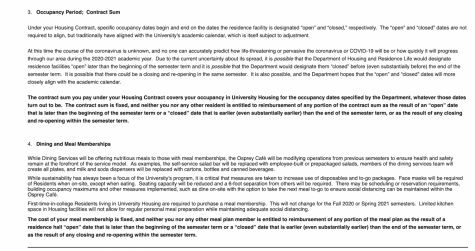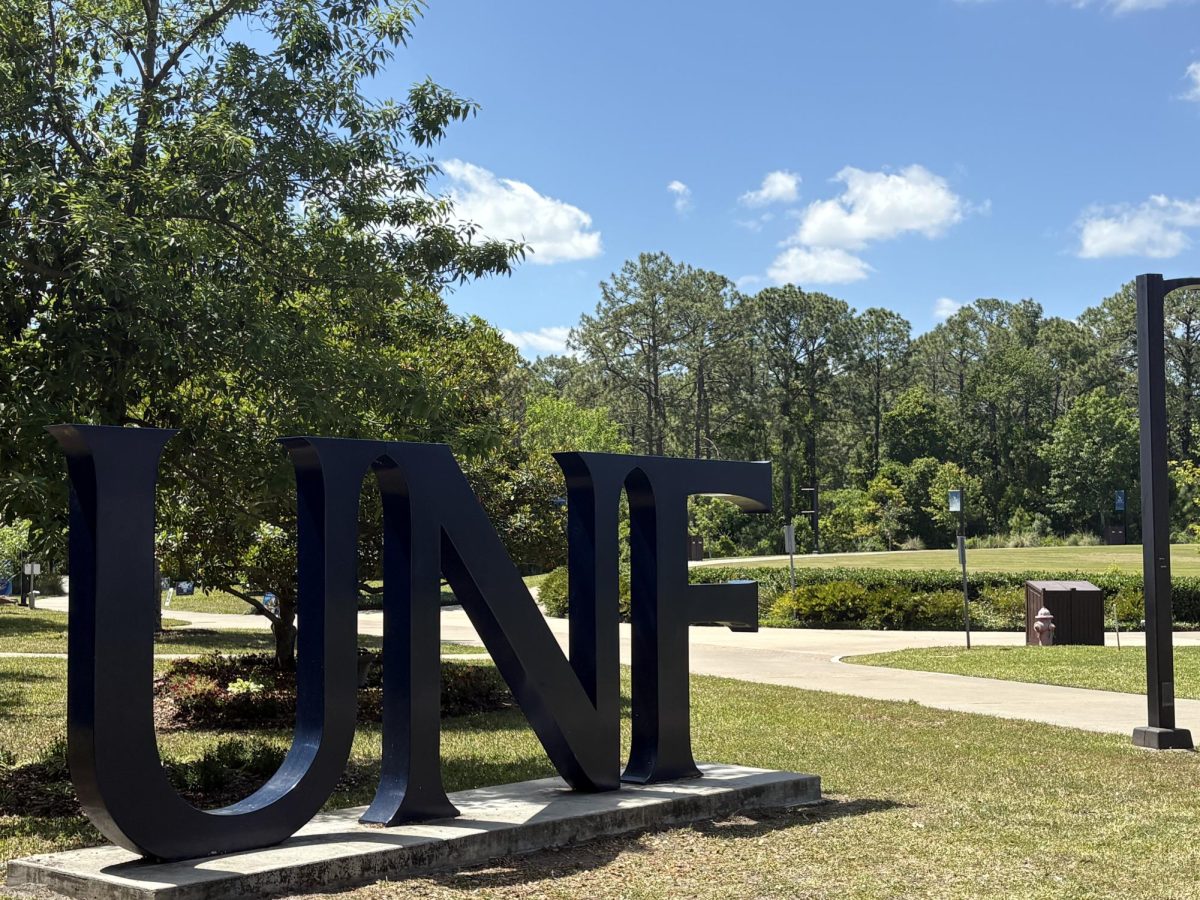In May, a University of Florida student filed a class action lawsuit against the Florida Board of Governors. Now, the Florida Board of Governors is filing a motion to dismiss.
This lawsuit differs from others that are asking for refunds on tuition in that it only asks for refunds for fees paid for on campus services — services which were unavailable due to the BOG mandating remote instruction during the spring semester and the Governor mandating that campuses close their facilities.
Attorney Matthew Miller and plaintiff Anthony Rojas both acknowledge that despite the differences in distance learning, students were still able to continue their studies therefore tuition costs are valid, which is why they are only seeking refunds for fees paid for on campus services. The suit states that the BOG has unlawfully kept these funds during times of financial hardship for many of their students across the state, passing their losses to those same families.
In most consumer situations of this nature, if you pay for a service or item and can no longer access that service or item, a refund would be issued without question. The BOG does not seem to see it that way.

According to the lawsuit, “FBOG is the final authority concerning waivers of fees at all the constituent Universities and, accordingly, is ultimately responsible and liable for its decision not to order prorated refunds of campus fees.”
BOG has so far been unwilling to make any comments about the pending litigation.
According to Miller, the BOG intends to file a motion to dismiss the class action.
“We do not yet know their reasons, why they think they can have the case dismissed, but they have said that they do not believe they have any contracts with the students. We obviously disagree,” Miller stated.
“No schedule has been set but we expect a schedule to be set very soon, and this schedule will provide the time for the defense to file their motion and for us to respond. We also will be asking to begin discovery in the case. The Board of Governors has stated that they will oppose that, too.”
Their strategic mission states the BOG has a “commitment to achieving excellence in the tripartite mission of its state universities – teaching, research, and public service – for the benefit of Florida’s citizens, their communities, and the state economy.” This statement could be taken as language for a contract. College is expensive. Students and their families often incur great debt to attend and those institutions have a responsibility to act in the best interest of their patrons, the students.
Perhaps another pressing issue is that these suits point to possible future class actions that Universities would be wise to consider. For example, if a student returned to campus, became ill, and could not continue their coursework, would the student be eligible for a refund then?
What would be the overall cost for a campus that finds itself with an outbreak come fall? The chances of which seem more and more likely as Florida’s COVID-19 numbers continue to rise.

UNF has sent out an email for those who have housing and dining contracts for the Fall 2020 semester, stating they will not be entitled to any reimbursement should their contracts end early, even if they end substantially early.

During the most recent BOG meeting, it was acknowledged that students will inevitably fall ill during the fall semester. The campuses primary objective at that point would be to isolate and contain any outbreaks. All of these factors give rise to questions about students’ safety and potential financial losses which could, quite possibly, fall squarely on the shoulders of students and their families.
Faculty have their own concerns about campuses reopening. Recent articles put out by Inside Higher Ed point to growing faculty concern across the U.S. about reopening for any face-to-face instruction come fall semester.
Kevin McClure, an associate professor of higher education at the University of North Carolina, Wilmington wrote in a column last week, “during a global pandemic that has killed more than 120,000 people and counting in the U.S. alone, what is the responsibility of higher education institutions? The answer I would like to see from college leaders is that we have a duty more profound than institutional budgets or student preferences.”
In North Carolina, legislation was passed recently specifically protecting universities from litigation connected to COVID-19 and the spring semester. The legislation states “as long as actions were done to protect public health in response to COVID-19 and the colleges provided remote learning options for students to complete coursework,” they do not have an obligation to issue refunds for tuition and other fees.
Whether other states will follow suit remains to be seen at this point.
There are some serious questions on the table for administrators and the BOG. The future is shrouded in uncertainty while the pandemic rages on. No one can say with certainty what higher education will look like this fall.
Miller hopes that the BOG will ‘do the right thing’ and issue prorated refunds to students for services they couldn’t use, setting precedent for any future class action suits for students in the state. While faculty members continue to push for their input to be heard and actually implemented in potential reopening plans.
It would seem the ball is in the administrators court, giving them an opportunity to put their money where their mouth is by putting ‘the benefit of Florida’s citizens, their communities, and the state economy’ at the heart of their upcoming difficult decisions.

___
For more information or news tips, or if you see an error in this story or have any compliments or concerns, contact editor@unfspinnaker.com.














